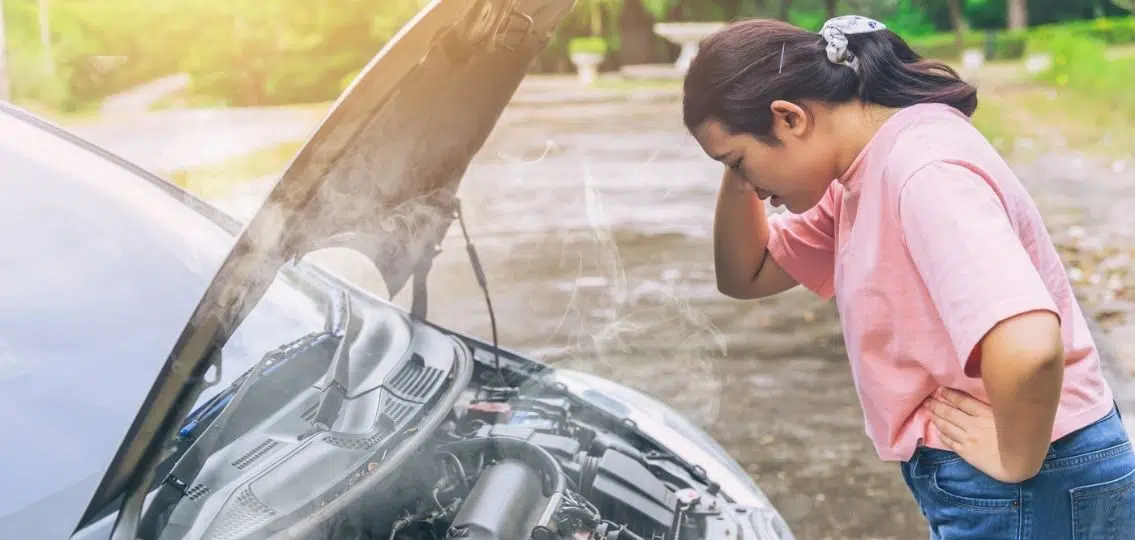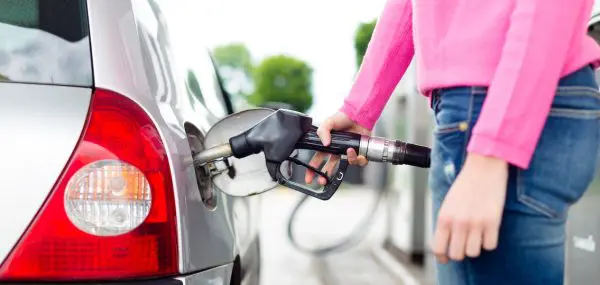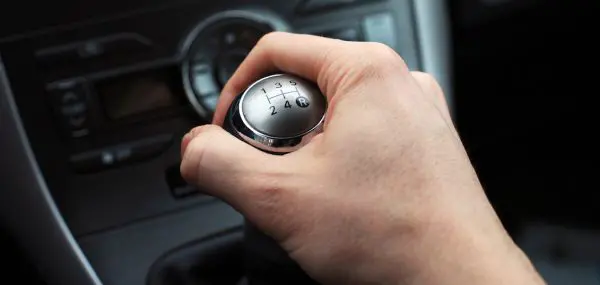Summer sees an influx of teen drivers hitting the road for cross-country road trips and beach days with friends. It’s a time of freedom and fun for them. Unfortunately, it’s also a time when we see an increase in teen accidents. In fact, AAA calls the period between Memorial Day and Labor Day the 100 Deadliest Days, with over seven people dying nationwide each day from car crashes involving teen drivers.
How can you set up your teens for safe driving during the summer? One vital way to help minimize vehicle breakdowns and roadside emergencies is to educate your teens about basic car maintenance. Here are some summer car safety tips for your teenagers.
Top 5 Vehicle Maintenance Tips for Summer Safety:
1. Engine Cooling System
Did you know coolant system failures are the leading cause of breakdowns on the road? Hot outside temperatures present a special challenge for your vehicle’s cooling system, which regulates temperatures under the hood to help prevent the car’s engine from overheating.
Make sure your teen knows the signs of an overheating engine, which can include steam rising from the car, an engine temperature gauge that spikes to red, a burning smell, and coolant leaking on the ground. If any of those things occur, tell them to crank the heat to its hottest setting, then pull over to a safe spot, turn the engine off, and call for help. This isn’t a problem they can ignore.
Simple measures you can take in the spring to lower the risk of your teen’s car engine overheating this summer are: ensuring that coolant levels are checked and topped off; and every two years, flush and replace the coolant entirely.
2. Tire Pressure
Tires need to be checked year-round, but especially during significant temperature increases and decreases, which affects the pressure of air inside the tires. Tires lose or gain roughly 1 PSI (pound per square inch) for every 10℉ change in temperature.
It’s important for your teens to know that as the weather warms up coming out of winter, the tires on their vehicle might over-inflate, increasing the chance of a tire blowout. Show them how to inspect their vehicle’s tires, teach them how to use a tire pressure gauge, and point out the vehicle’s tire pressure monitoring system so they know how to tell if any of the tires are over-or under-inflated. Healthy tire pressure ensures your teen’s safety on the road, plus it maximizes gas mileage and vehicle performance during those long summer road trips.
3. Battery
Despite the longevity of most batteries, AAA reports an influx of battery-related service calls during the hot months of summer. Excessive heat on the hood and overcharging causes batteries to swell and shortens their overall lifespan. Higher temperatures also cause battery fluid to evaporate, which threatens the internal structure of the battery.
Teach your kids how to monitor its performance by sharing the warning signs of a failing battery. Signs may include, for example: a check engine light, dimming headlights, slow engine turnover, ignition clicks, corroded battery terminals, general electrical problems (like problems with radio controls, GPS, power window controls, and windshield wipers).
Even without notable problems, it’s a good idea to ensure battery reliability throughout the hotter months by having their vehicle’s electrical system inspected by a professional to make sure the battery is charging at a healthy rate.
4. Air Conditioning
Shops are flooded with broken air conditioning systems when the temperatures rise, so you can save time and money by addressing A/C systems in the late winter and spring rather than waiting for summer. If the A/C isn’t getting cold, there could be a leak in the system or a blower issue—both of which call for the help of a professional car repair person. You might think this is a low priority fix, but it’s not, especially when temperatures rise to dangerous levels. If your teen is involved in a summer roadside emergency, you’ll want them to stay cool and comfortable inside the vehicle rather than risk heat stroke and collision outside. Making sure your teen’s A/C system works properly should be a top priority.
5. Braking System
Teens are notorious for speeding (accounting for 25% of crashes each year), so maintaining proper stopping power is crucial. Don’t wait to get the vehicle serviced if you or your teen notice any common brake problems—such as brake pedal vibrations or pulsing, squeaking noises, pulling to the left or right, decreased responsiveness, or burning odors—because the summer heat is only going to make the problems worse. On hot road surfaces, brake rotors struggle to cool down so they can work properly, and hot overworked brakes can make the car’s rotors warp faster than usual, which means you’re looking at an even pricier repair cost down the road if you’re not taking the precaution of making sure your teen’s car is braking as it should.
Follow and teach your teens these five safety tips, and you can worry a little less about your teens hitting the road to enjoy some fun in the summer sun.




